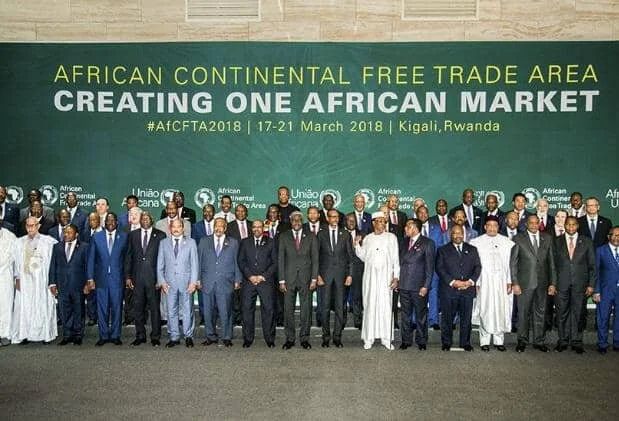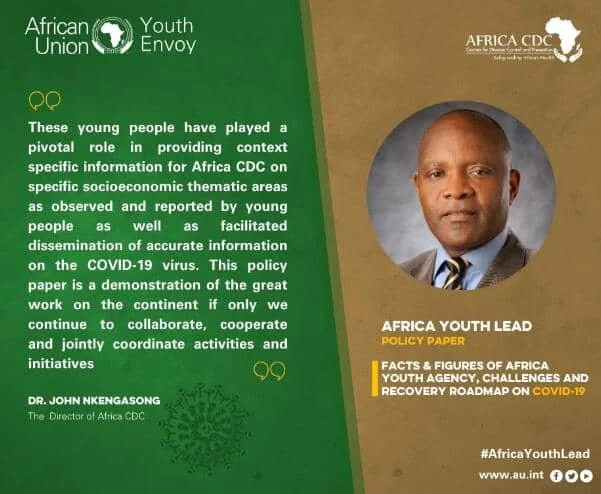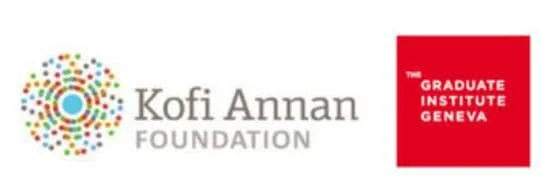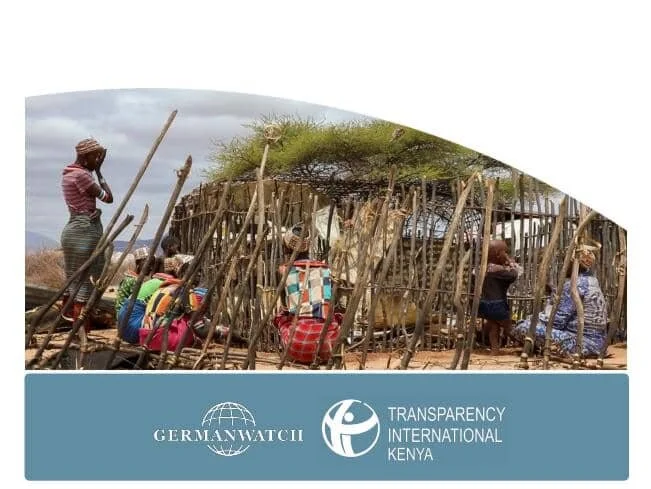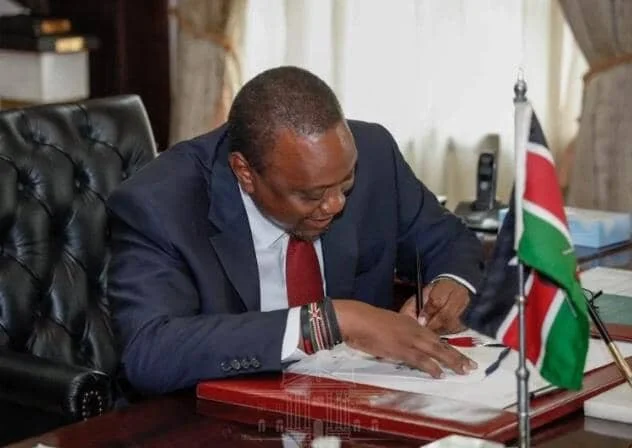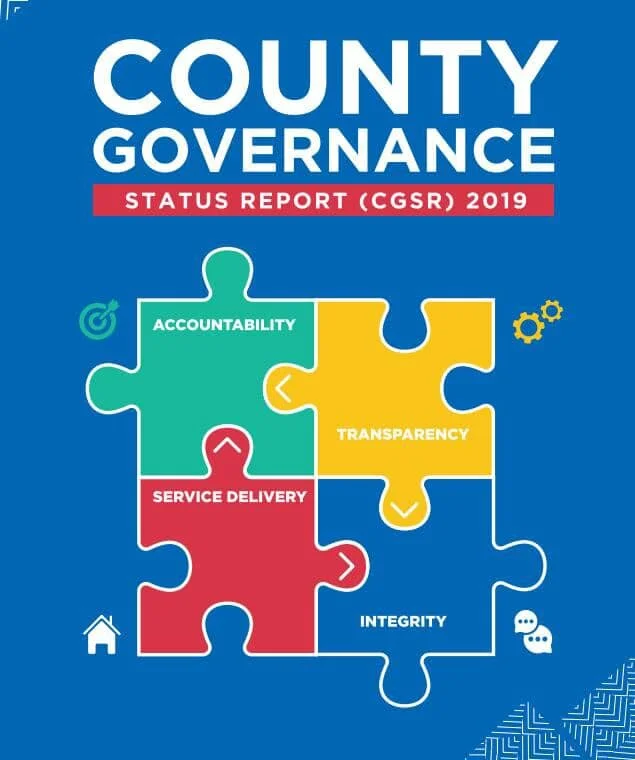The wheels of international trade are powered by the Internet. From the smallest informal trade to a major supply agreement, contracts are transacted online; whether via email, e-commerce store, or digital platform. Any formal trade relies on the Internet for implementation – financing, documentation, and logistics are all digitally driven, and becoming more and more so. Whether it is an emailed order, an online purchase, or merely the financial arrangements behind the transaction, the Internet will inevitably be used in conducting international trade.
Trade And Development Finance In Africa In The Shadow Of COVID-19
Even under the immense challenges posed by the COVID-19 pandemic on the African continent, great opportunities exist for the expansion of trade through trade and development finance. This paper will provide a broad overview of trade and development finance with a focus on Africa as well as underscore the necessity for trade finance. Moreover, although this paper will not serve as an exhaustive audit of trade finance developments in Africa, it will highlight some interesting developments that have occurred in the broad trade finance space in Africa over the past year as well as potential trade and development opportunities.
Just Released: 2020 Annual Impact Report
The Youth Cafe is proud to share the eighth Impact Report produced based on the Social Return on Investment methodology. The average Social Return on Investment ratio for The Youth Cafe is 1:12, meaning that an investment of $1 delivers $12 value in terms of positive social impact. The present report outlines the main activities and projects carried out by The Youth Cafe from January to December 2020. The activities were developed and implemented in compliance with The Youth Cafe Strategic approved Plan for 2018-2023 and The 2017 Youth Manifesto.
African Youth Lead Policy Paper
This paper draws on several months of national, regional, and continental youth consultations hosted by the African Union Office of the Youth Envoy (OYE) in collaboration with Africa CDC. These include the virtual youth consultations held from23rd March 2020 to 11 June 2020; as well as focus group consultations carried out by member networks of the African Youth Front. The aim of these consultations were to collect opinions and recommendations from youth leaders, with a view to inform policy briefs that were shared with Africa CDC. The consultations collected original data from online discussions with participants using Zoom and Facebook Live, as well as polls and surveys.
Impact Of Social Media On Youth Political Participation In Electoral Processes: A Comparative Study Of Nigeria And Kenya
Social media has been used by marginalized voices to raise issues of concern within the society, mobilize youth groups, and hold political leaders accountable for their campaign promises. The Youth Cafe has been part of an online event, Democracy In East Africa In The Wake Of The Coronavirus Pandemic: Challenges And Opportunities. Our main focus was on: The next generation and Youth inclusion in politics. Governments and policymakers in East Africa are reluctant to include youth in the formal political systems. What future do the youths want and how can they increase their participation in politics?
Advancing African Risk Capacity In Kenya
This policy paper focuses on the ARC contingency planning process in Kenya and analyses the compatibility of the development, as well as the implementation of related plans, with human rights standards. It thereby applies the human rights-based approach to climate and disaster risk financing (HRBA-CDRF) to assess the degree of compatibility, identify room for improvement, and provide recommendations addressed to the responsible actors. The methodology is based on the HRBA-CDRF with its five principles of non-discrimination and equality, participation and empowerment, transparency, accountability, and do no harm.
Report Of The Steering Committee On The Implementation Of The Building Bridges To A United Kenya Taskforce Report
The Steering Committee has undertaken the daunting task of listening keenly to a multiplicity of voices responding to the BBI Taskforce Report. As per its mandate, the Steering Committee has made recommendations on the implementation of the Report, which are structured in the following thematic areas: Constitutional, legislative, policy, and administrative. This report contains the results of a two-year process in which Kenyans from every walk of life, in every County, across Government entities, and with a wide variety of expertise made their views known through the BBI process.
Constitutional Amendment Bill 2020
The objective of the bill is to amend the Constitution of Kenya to address issues arising from its implication, specifically the need to resolve issues of divisive election and promote gender equality in government; strengthen the structure of devolution and increase resource allocation to the counties, broaden mechanism for all the people of Kenya benefit from economic growth; harmonize certain roles and functions of the bicameral legislature; fortify national ethos by specifying the responsibilities of the citizens, and strengthen accountability on public resources and the fight against corruption.
County Governance Status Report (CGSR) 2019
The study drew respondents from 16 countries distributed across all regions in Kenya. a total of 2.422 citizens participated in the survey, 52% being male and 48% being female. More than half (51%) of the respondents were between the age of 18 and 35 years while 41% of the total respondents had attained secondary education. The study also drew respondents from both arms of the county government which elected Members of County Assembly(MCAs) comprising the highest number (33) of respondents followed by Council Executive Committee Members (CECs) who totaled 22.
Environmental Impact Assessment Process In Kenya
Under Kenya’s environmental laws, Environmental Impact Assessment is required for all projects that are likely to have a negative effect on the environment. The law classifies these projects into three groups according to the seriousness of their likely effects, namely: Low Risk, Medium Risk, and High-Risk projects. The full list of projects classified under these three categories is outlined in the Second Schedule of the Environmental Management and Coordination Act.


